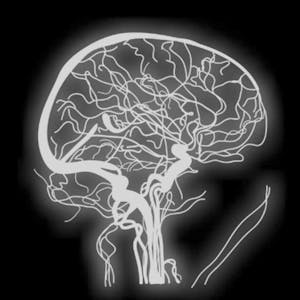Fundamental Neuroscience for Neuroimaging
About this Course
Neuroimaging methods are used with increasing frequency in clinical practice and basic research. Designed for students and professionals, this course will introduce the basic principles of neuroimaging methods as applied to human subjects research and introduce the neuroscience concepts and terminology necessary for a basic understanding of neuroimaging applications. Topics include the history of neuroimaging, an introduction to neuroimaging physics and image formation, as well as an overview of different neuroimaging applications, including functional MRI, diffusion tensor imaging, magnetic resonance spectroscopy, perfusion imaging, and positron emission tomography imaging. Each will be reviewed in the context of their specific methods, source of signal, goals, and limitations. The course will also introduce basic neuroscience concepts necessary to understand the implementation of neuroimaging methods, including structural and functional human neuroanatomy, cognitive domains, and experimental design.Created by: Johns Hopkins University

Related Online Courses
This Specialization from leading researchers at the University of Washington introduces you to the exciting, high-demand field of Machine Learning. Through a series of practical case studies, you... more
Explore the exciting world of quantum computing with this comprehensive beginner\'s course. Start by building a strong foundation in key mathematical concepts like complex numbers, matrix... more
This course delves into the connection between water, climate change, and how living organisms adapt to these shifts. It also explores concepts related to agriculture, food, and food sovereignty.... more
The development of appropriate educational and vocational guidance in Vocational Education and Training (VET) requires action strategies from guidance and tutors as a way of tackling early leaving... more
Are you a healthcare practitioner or student in a healthcare field? Do you want to learn how to have more empowering conversations with your patients and support them to take control of their own... more








